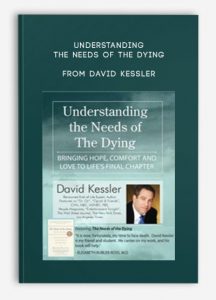 Understanding the Needs of the Dying from David Kessler
Understanding the Needs of the Dying from David Kessler
More information about Medical:
Medicine is the science and practice of establishing the diagnosis, prognosis, treatment, and prevention of disease.
Medicine encompasses a variety of health care practices evolved to maintain and restore health by the prevention and treatment of illness.
Contemporary medicine applies biomedical sciences, biomedical research, genetics, and medical technology to diagnose, treat, and prevent injury and disease,
typically through pharmaceuticals or surgery, but also through therapies as diverse as psychotherapy, external splints and traction, medical devices, biologics, and ionizing radiation, amongst others.
Medicine has been around for thousands of years, during most of which it was an art (an area of skill and knowledge) frequently having connections to the religious and
philosophical beliefs of local culture. For example, a medicine man would apply herbs and say prayers for healing, or an ancient philosopher and physician would apply bloodletting according to the theories of humorism.
In recent centuries, since the advent of modern science, most medicine has become a combination of art and science (both basic and applied, under the umbrella of medical science).
While stitching technique for sutures is an art learned through practice, the knowledge of what happens at the cellular and molecular level in the tissues being stitched arises through science.
Outline:
Signs of Impending Death
- Preparing family for physical changes
- Interventions for coping with emotional changes in the family
- Using near death awareness as a predictor in clinical settings
Palliative Care Model
- Academic settings vs community
- Physician led vs non physician led
- Roles of physician, nurse, social worker, case manager, discharge planner, clergy
- What’s best – hospital, home health, hospice, skilled nursing facility
- Joint commission certification
Hospice
- Removing barriers
- How hospice can increase length of stay while decreasing hospital time
- Bereavement services to enhance community partnerships
Death Related Sensory Experiences (Death Bed Visions)
- Effective and ineffective models for family coping and integration
- Religion in patients’ deathbed visions
- Using the law to normalize the dying experience
- Clinical/palliative care studies, research of near death awareness
Advance Directives
- Physician order for life-sustaining treatment
- Make advance directives useful and medically effective
- D.N.R. (do not resuscitate) vs. A.N.D. (allow natural death)
- Code status and impact on the grieving process
Anticipatory Grief
- Treatment strategies for hospice, palliative care and mental health care professionals
- Tools for normalizing
Helping the Dying Patient’s Children
- How the media shapes a child’s view of death
- Tools for preparing a child for loss
- Interventions for coping with funerals
- Why children are often the forgotten grievers and how to help
The Ethics Committee and End of Life
- How and when to use your ethics committee
- How and why members of the end of life team can participate
- Techniques for helping families get the most out of the ethics meetings
- Avoid the common pitfalls of ethics committees at the end of life
Hope and Miracles
- How to help families integrate desire for miracles at the end of life
- Techniques for honoring hope without fostering denial
Cultural Differences
- Affecting care of the dying
- Tools for successfully bridging the gap with healthcare providers and families
The Question of Assisted Suicide
- Understanding the current debate
- The realities of withdrawing care vs. assisted suicide
- Learn techniques for addressing patient’s requests for assisted suicide within the facilities and health care provider’s beliefs system
Description:
Featuring David Kessler
Renowned End-of-Life Expert, Author Featured on “Dr. Oz”, “Oprah & Friends”, CNN, NBC, MSNBC, PBS, People Magazine, “Entertainment Tonight”, The Wall Street Journal, The New York Times, Los Angeles Times
David Kessler, best-selling author, collaborator with the legendary Elisabeth Kübler-Ross, and well-known expert on palliative care, hospice and end-of-life issues will provide you the newest information on death, grief and deathbed phenomena … real, tested, engaging information you will not find anywhere else.
Delve deeper into the mysteries of life and death exploring key topics
- New studies on deathbed visions, and the role they play in end-of-life care
- Tools for sensitivity and discretion for balancing wishes of the dying and family with medical, ethical and legal considerations
- Communication strategies for necessary difficult and emotion conversations
- Deeper insight on how anticipatory grief shapes end-of-life experiences
- Understand why children are often the forgotten grievers, and how to help
- Cultural differences and new sensitivity to care
- Assisted suicide
It’s guaranteed to be a seminar that will enhance your work as a caregiver and David will provide so much insight, tools, strategies and inspiring information, you’ll look forward to the next day at your work … so you can immediately begin to use all you have learned.


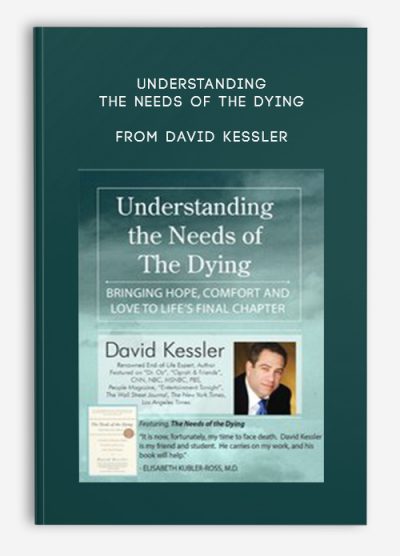
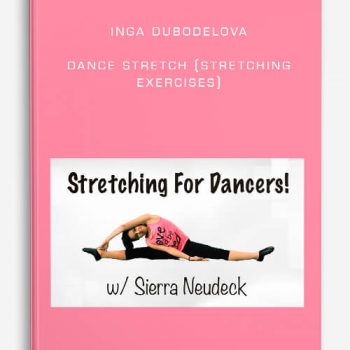
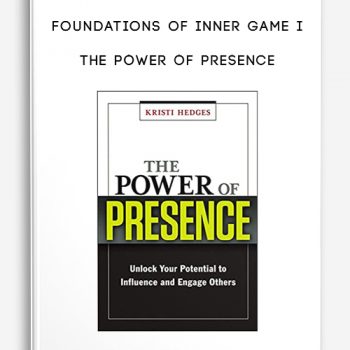

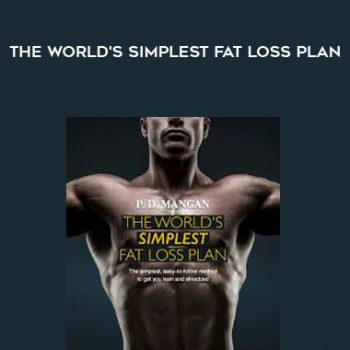
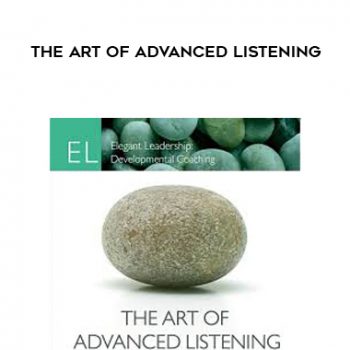
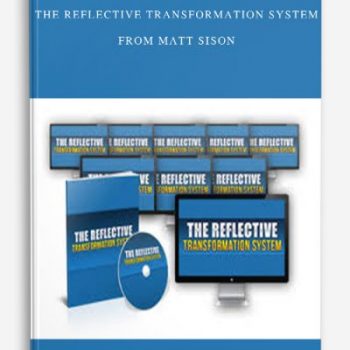
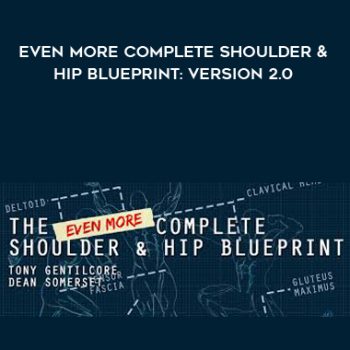
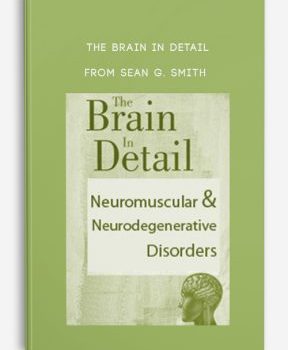
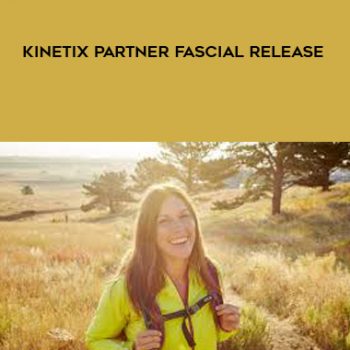
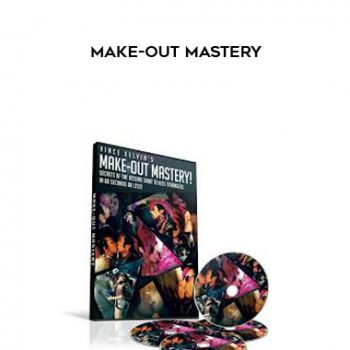
tristian –
This is Digital Download service, the course is available at Coursecui.com and Email download delivery.